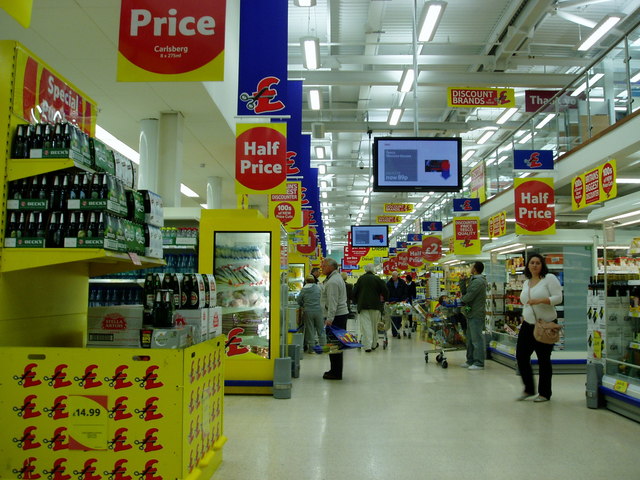
February saw an unexpected dip in consumer morale across the UK, according to the latest GfK survey findings. This decline, the first in four months, reflects a dimmer
outlook among households regarding both personal finances and the overall economic landscape.
The GfK consumer confidence index, a stalwart measure in British surveys, slid by 2 points to -21 in February. This drop defied expectations, as economists polled by Reuters had predicted a slight uptick to -18.
Notably, the sole component of the index to hold steady was households' projections for their own financial situations over the next year, maintaining at zero.
Joe Staton, GfK's client strategy director, underscored the significance of this metric in gauging the nation's financial sentiment. He emphasized that confident households are more inclined to spend despite facing challenges like the ongoing cost-of-living crisis.
While all components of the index have shown marked improvement compared to a year ago, when inflation hovered near a 41-year high at 11.1%, and political uncertainty loomed under the brief premiership of Liz Truss, consumer confidence has tapered.
The upcoming budget announcement on March 6, under the leadership of Prime Minister Rishi Sunak, aims to address this sentiment shift and potentially narrow the Conservative Party's polling deficit against the Labour Party, in anticipation of an upcoming national election.
Despite strides made since the onset of the COVID-19 pandemic, household consumption in the UK has yet to fully recover when adjusted for inflation, mirroring trends seen in other parts of Europe but diverging from the rising living standards experienced in the United States.
In January, consumer price inflation stood at 4%, with the Bank of England projecting a return to its 2% target in the second quarter of the year, fueled by declining energy prices.
However, the Bank of England remains hesitant to lower interest rates from their current 16-year high of 5.25%, citing concerns over rapid wage growth and escalating service prices potentially pushing inflation back toward 3% later in 2024. Photo by J Taylor / Tesco Supermarket, Osterley, London. / CC BY-SA 2.0, Wikimedia commons.


































